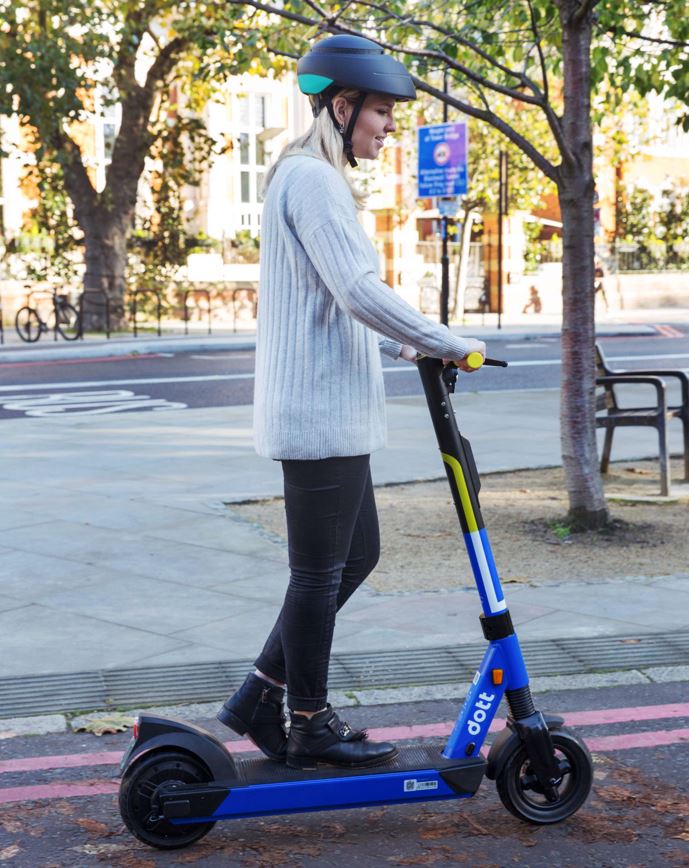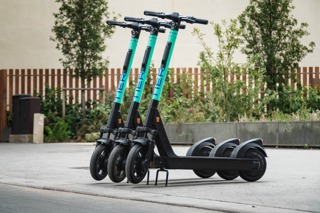A fleet of Dott e-scooters have been used to identify road safety risks in cities.
The e-scooters were fitted with sensors from See.Sense, which monitored rider behaviour on the vehicles for a period of 10 weeks.
Data was collected from 1,800 rides with a total distance of more than 2,000 miles. Throughout each journey, See.Sense’s monitors were detecting changes in rider behaviour to help better understand the user's experience on the road.
The findings reveal areas which experience particularly high levels of braking or swerving and changes in the road surface. These hot spots will be shared with the authorities to suggest improvements in road quality, helping make the streets safer for all micro-mobility users.
Braking and swerving, for example, can happen around uneven and rough road surfaces or potholes, causing a rider to react suddenly.
Maxim Romain, Co-Founder and COO, Dott, said: “Quality infrastructure is key to helping users of micro-mobility feel safe whilst on the road. The results of this new trial, in partnership with See.Sense, reveal that Dott’s vehicles can do more than provide efficient, reliable and sustainable transport for its riders - they can also deliver valuable learnings to create smart cities which are safer and more pleasant for all residents.”
Data was also collected to compare surface types, and See.Sense’s data could identify consistent patterns on road, cycle path and footpaths.
Understanding when riders are using footpaths could be another indicator of a poor quality road surface. Or it could be down to rider behaviour, allowing Dott to prompt e-learning modules, revise speed limits when the change in surface is detected, or further investigate unsafe riding.
Irene McAleese, Co-founder & CSO, See.Sense, added: “Our technology has been created to provide safety focused data on the adoption and maintenance of infrastructure. We’re excited to partner with Dott on this project to demonstrate a scalable solution that provides cities with powerful data driven insights that will help cities unlock the true potential of micro-mobility”.
Following the success of the trial, Dott is exploring implementing the solution both more widely across London, and into other European cities.




















Login to comment
Comments
No comments have been made yet.